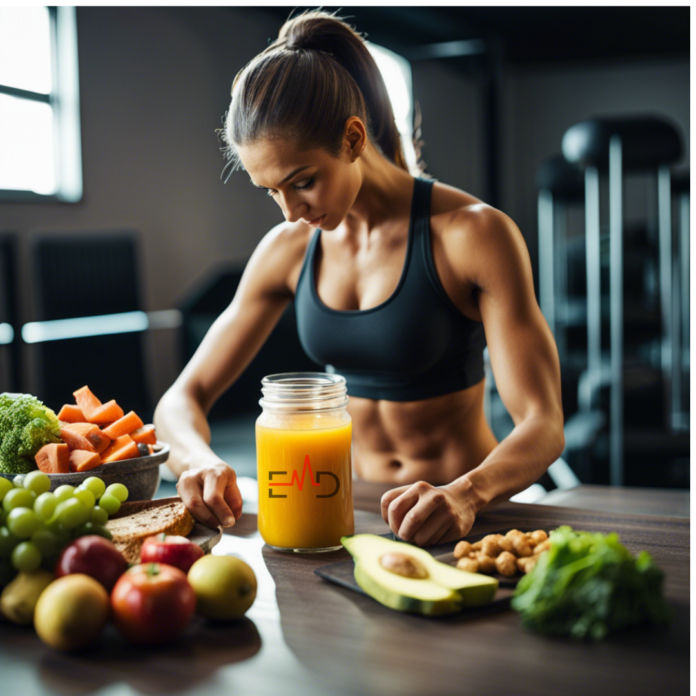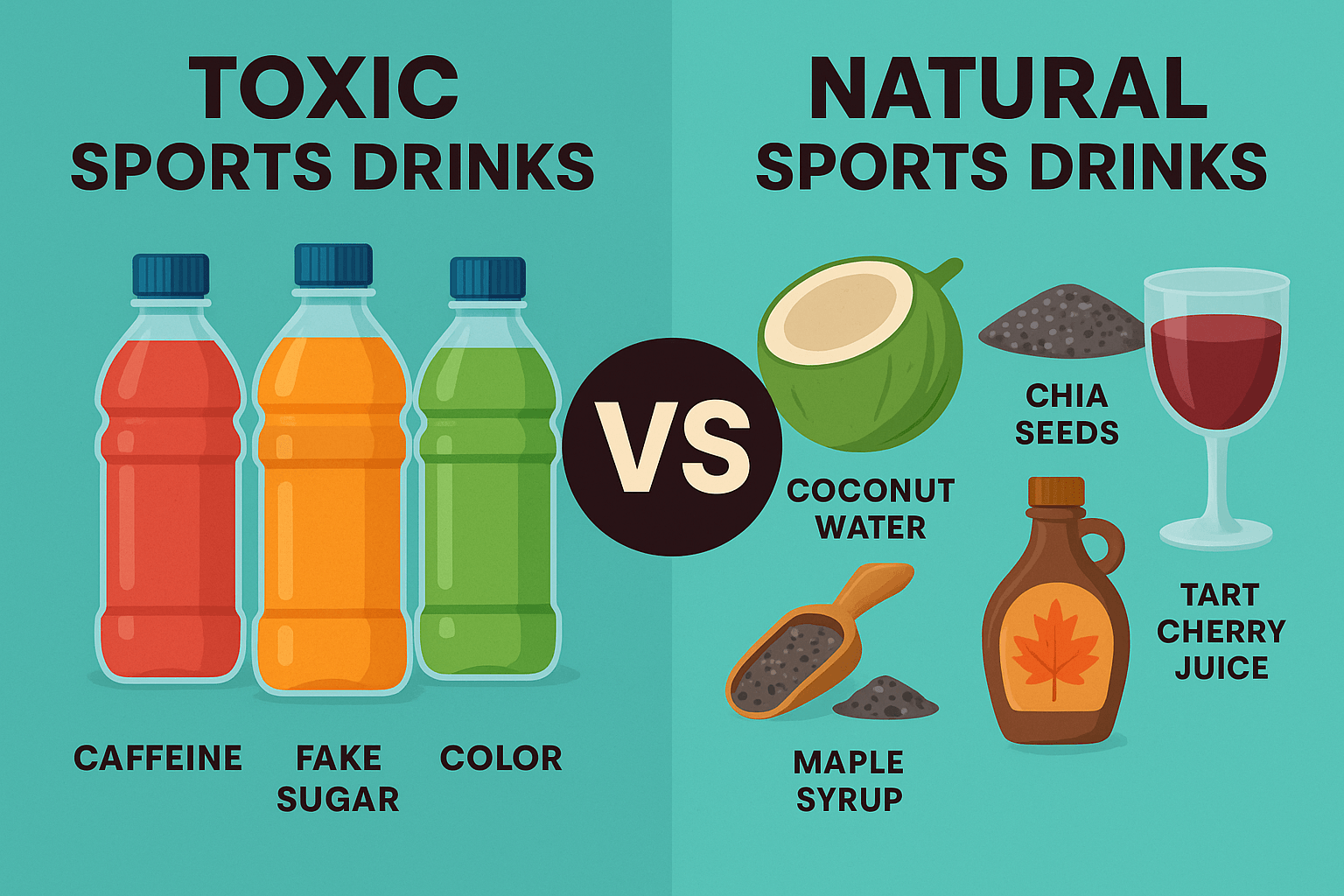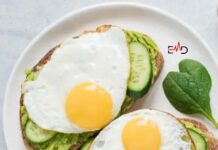Exercise Daily – Proper nutrition is essential for achieving your fitness goals. Eating the right foods and eating them at the right times can help you fuel your workouts, recover faster, and build muscle or lose weight, depending on your goals. Whether you’re a seasoned athlete or just starting out on your fitness journey, eating the right foods at the right times is essential for fueling your workouts and achieving your goals. A healthy diet provides your body with the energy it needs to perform at its best, and it also helps to repair and rebuild muscles after exercise.
What is Nutrition for Fitness?
Nutrition for fitness is a balanced diet that provides your body with the nutrients it needs to support your fitness goals. This includes eating the right amounts of carbohydrates, protein, and fat and getting enough vitamins and minerals.
Nutrition is essential for fitness because it gives your body the energy it needs to perform at its best. When you eat a healthy diet, you’re also giving your body the nutrients it needs to repair and rebuild muscles after exercise.
Why is Nutrition Important for Fitness?
Nutrition is important for fitness for several reasons. First, it gives your body the energy to fuel your workouts. When you eat the right foods, you’ll have more stamina and be able to perform at your best.
Second, nutrition helps your body recover from workouts. After a workout, your muscles are damaged and need to be repaired. Eating protein and carbohydrates can help your muscles recover and grow stronger.
Third, nutrition can help you reach your fitness goals, whether you are trying to build muscle, lose weight, or improve your overall health and performance. Eating the right foods can help you create a calorie deficit or surplus, depending on your goals.
The Essential Macronutrients for Fitness
Three essential macronutrients for fitness are carbohydrates, protein, and fat. Each macronutrient plays a different role in supporting your fitness goals.
Carbohydrates are your body’s main source of energy. They are broken down into glucose, which your muscles use for fuel. Carbohydrates are especially important for high-intensity workouts.
Protein is essential for building and repairing muscle tissue. It is also important for overall health and well-being. Protein can be found in various foods, including meat, poultry, fish, eggs, dairy products, legumes, nuts, and seeds.
Fat is a concentrated energy source important for hormone production and cell function. Healthy fats, such as those found in avocados, nuts, seeds, and olive oil, are especially beneficial for fitness.
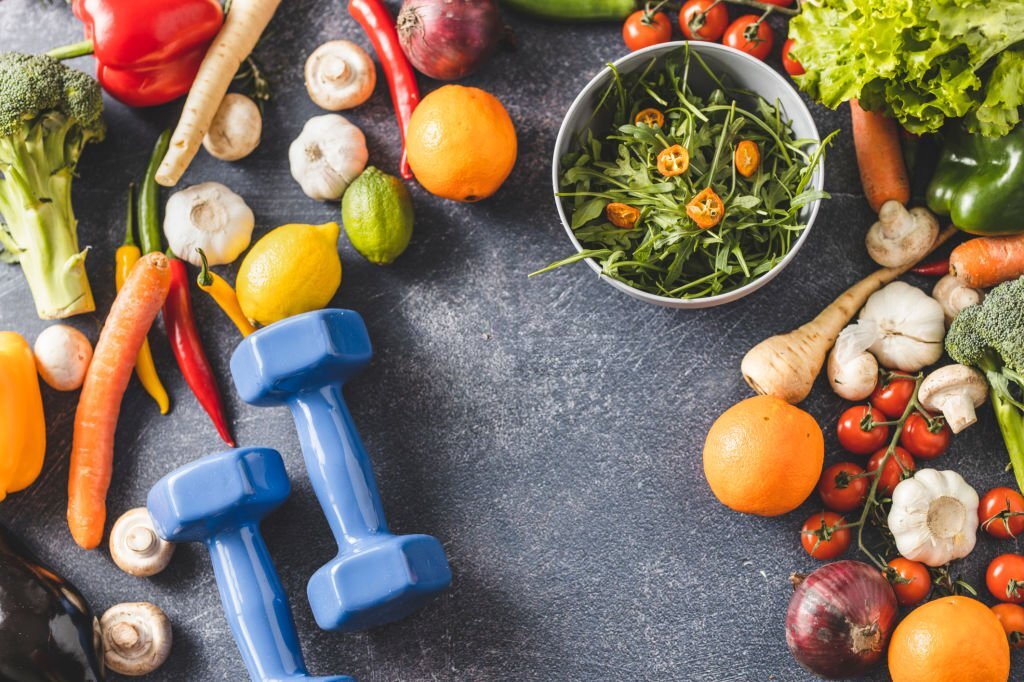
What to Eat Before, During, and After a Workout
Pre-Workout Meals and Snacks
What you eat before a workout is important for fueling your body and preparing it for exercise. Ideally, it would be best to eat a meal or snack high in carbohydrates and moderate protein about 1-2 hours before your workout.
Some good pre-workout meal and snack ideas include:
- Oatmeal with berries and nuts
- Whole-wheat toast with avocado and eggs
- Greek yogurt with fruit and granola
- Peanut butter and banana sandwich
- Hard-boiled eggs
- Sports drinks or gel
Staying hydrated during your workouts is important, especially if you’re exercising for more than 60 minutes. Water is the best choice for most people, but you may also need an electrolyte drink if you’re sweating heavily.
During-Workout Nutrition
If you exercise for more than 60 minutes, you may need to consume fuel during your workout. This is especially important for high-intensity workouts.
Good during-workout fuels include:
- Sports drinks or gels
- Energy bars
- Bananas
- Oranges
- Coconut water
Post-Workout Meals and Snacks
What you eat after a workout is just as important as what you eat before and during your workout. After a workout, your muscles need to be refueled and repaired.
A good post-workout meal or snack should be high in carbohydrates and protein. Some good examples include:
- Chocolate milk
- Greek yogurt with berries and nuts
- Whole-wheat pasta with chicken or tofu and vegetables
- Quinoa salad with salmon and avocado
- Hard-boiled eggs with whole-wheat toast
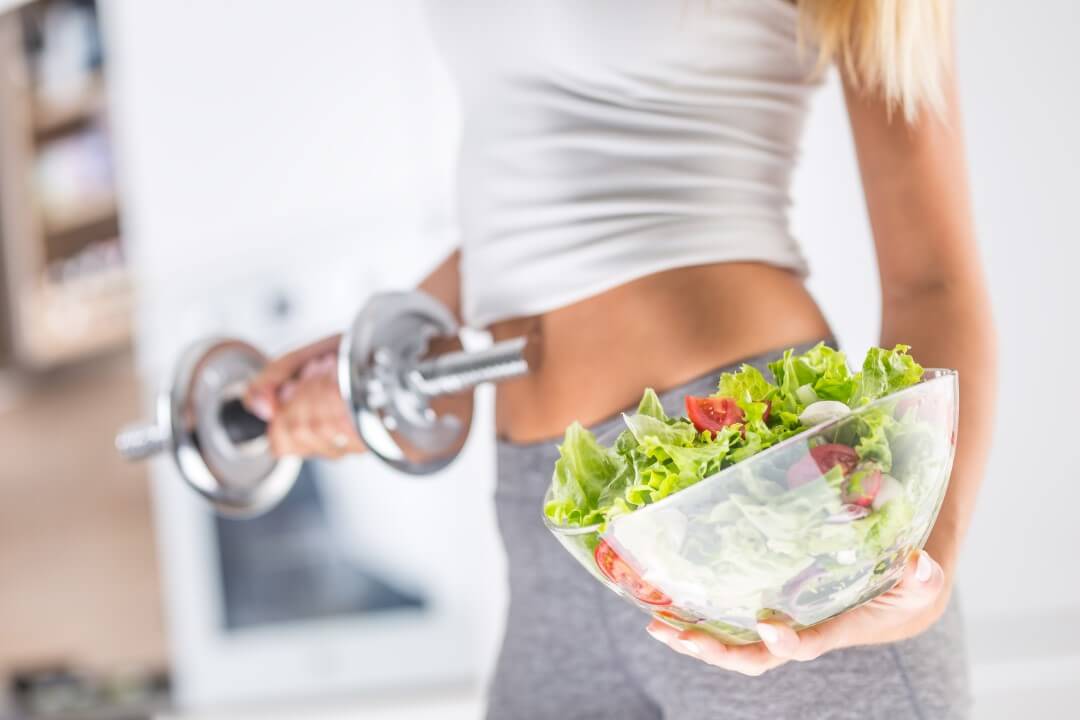
Creating a Meal Plan for Fitness
Creating a meal plan for fitness can help you ensure that you are eating the right foods and getting the right amount of nutrients to support your fitness goals.
How to Calculate Your Macronutrient Needs
Calculating your macronutrient needs is the first step in creating a meal plan. This means determining how many grams of carbohydrates, protein, and fat you need to eat each day.
There are several different ways to calculate your macronutrient needs. One way is to use a macronutrient calculator. These calculators consider your age, gender, weight, activity level, and fitness goals to determine your macronutrient needs.
Another way to calculate your macronutrient needs is to use the following formula:
- Carbohydrates: 4-6 grams per kilogram of body weight
- Protein: 1.2-2.0 grams per kilogram of body weight
- Fat: 0.5-1.0 grams per kilogram of body weight
You can create your meal plan once you have calculated your macronutrient needs.
Choosing the Right Foods for Your Fitness Goals
When choosing foods for your meal plan, it is important to select foods that are nutrient-rich and low in processed ingredients.
Here are some tips for choosing the right foods for your fitness goals:
- Choose whole grains over refined grains.
- Choose lean protein sources, such as chicken, fish, tofu, and beans.
- Choose healthy fats, such as avocados, nuts, seeds, and olive oil.
- Eat plenty of fruits and vegetables.
- Limit processed foods, sugary drinks, and unhealthy fats.
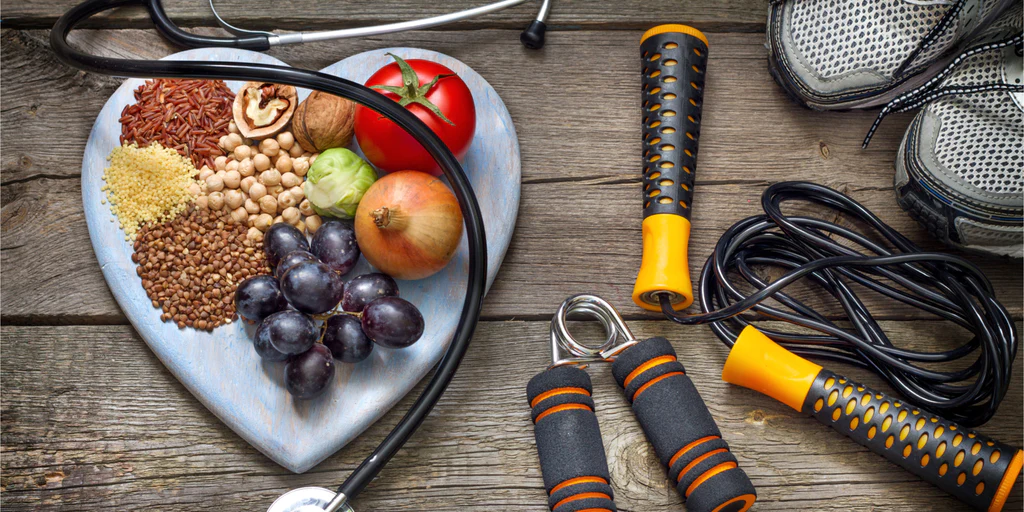
Creating a Sample Meal Plan
Here is a sample meal plan for someone who is trying to build muscle:
Breakfast:
- Oatmeal with berries and nuts
- Hard-boiled eggs
- Coffee or tea
Lunch:
- Quinoa salad with salmon and avocado
- Sweet potato
- Green salad
Dinner:
- Chicken stir-fry with brown rice and vegetables
- Fruit salad
Snacks:
- Greek yogurt with fruit and nuts
- Peanut butter and banana sandwich
- Hard-boiled eggs
This meal plan provides a good balance of carbohydrates, protein, and fat, as well as essential vitamins and minerals. It is also important to note that this is just a sample meal plan. Your needs may vary depending on age, gender, weight, activity level, and fitness goals.
Your best meal plan will depend on your needs, including your fitness goals, activity level, and dietary restrictions. To create a personalized meal plan, talk to a registered dietitian or other qualified healthcare professional.
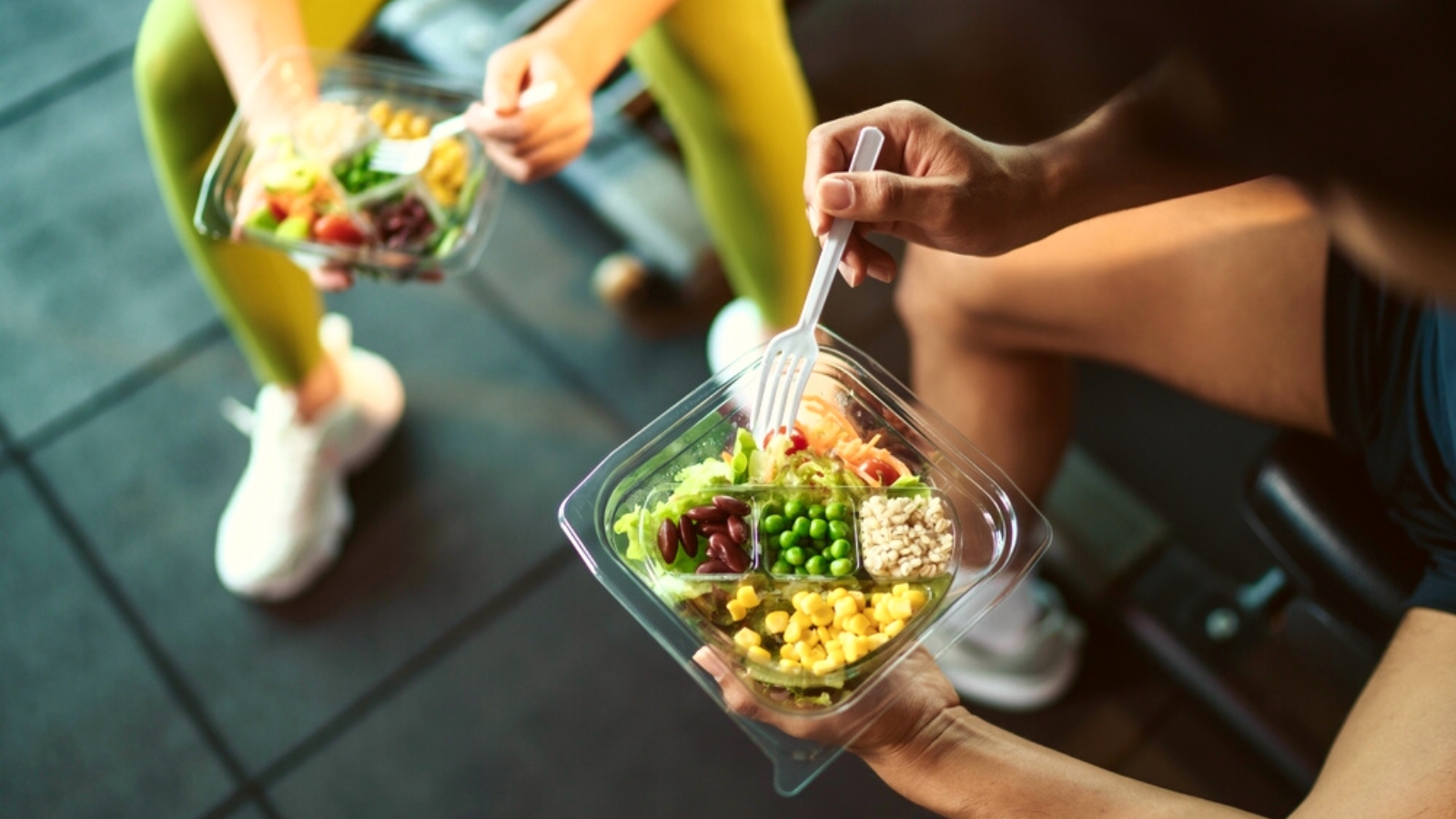
Tips for Healthy Eating on the Go
Eating healthy on the go can be difficult, but it is possible. Here are a few tips:
- Meal prep on the weekends. This will save you time and money during the week.
- Pack healthy snacks with you when you leave the house. This will help you avoid unhealthy options when you are hungry.
- Choose healthy options when eating out. There are many healthy options available at most restaurants.
FAQs – Nutrition for Fitness: What to Eat and When to Eat It
Q: What are the best foods to eat for muscle growth?
A: Protein and carbohydrates are the best foods to eat for muscle growth. Some good examples include chicken, fish, eggs, dairy products, legumes, nuts, seeds, and whole grains.
Q: What are the best foods to eat for weight loss?
A: The best foods to eat for weight loss are those low in calories and high in nutrients. Some good examples include fruits, vegetables, whole grains, and lean protein sources.
Q: How often should I eat to support my fitness goals?
A: Eating 3-4 meals per day and 2-3 snacks per day is generally recommended to support your fitness goals. However, the best way to determine how often to eat is to listen to your body and eat when hungry.
Q: What are some tips for eating healthy on a budget?
A: Here are some tips for eating healthy on a budget:
- Buy in bulk.
- Cook at home more often.
- Choose affordable protein sources, such as beans and lentils.
- Eat plenty of fruits and vegetables.
Q: What are some common nutrition mistakes to avoid?
A: Here are some common nutrition mistakes to avoid:
- Skipping meals
- Eating too many processed foods
- Not drinking enough water
- Not getting enough protein
- Eating too much fat
Conclusion
Proper nutrition is essential for achieving your fitness goals. By eating the right foods and eating them at the right times, you can fuel your workouts, recover faster, and build muscle or lose weight, depending on your goals. So there you have it! Now, you’re armed with all the necessary information to take your fitness and nutrition to the next level. Crush it!

